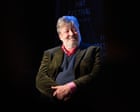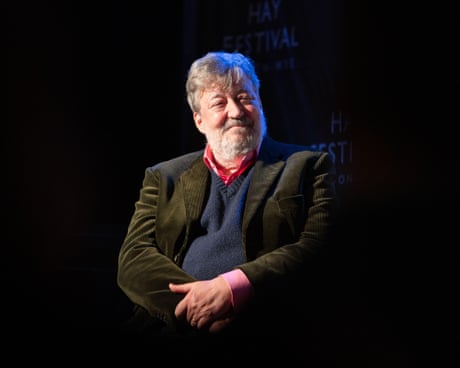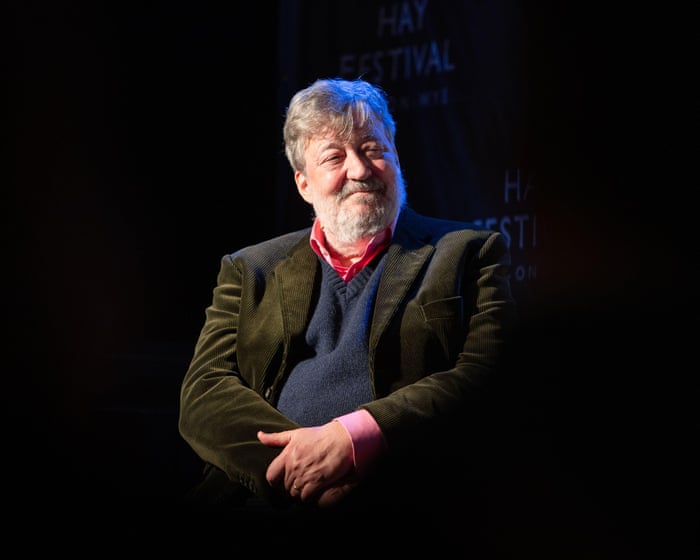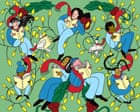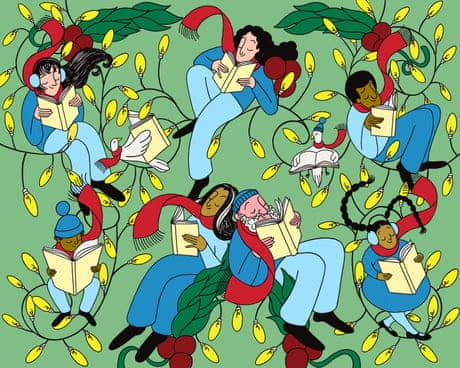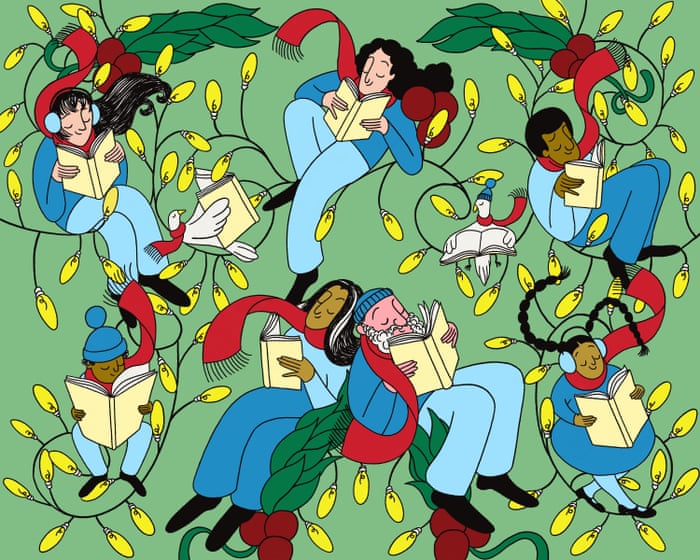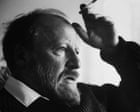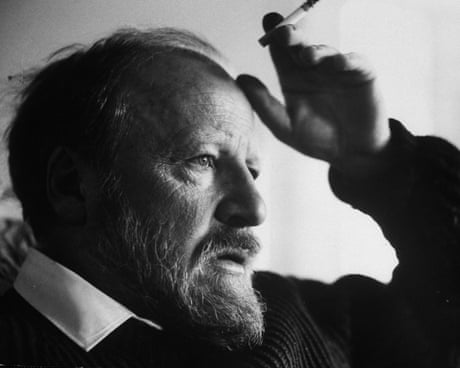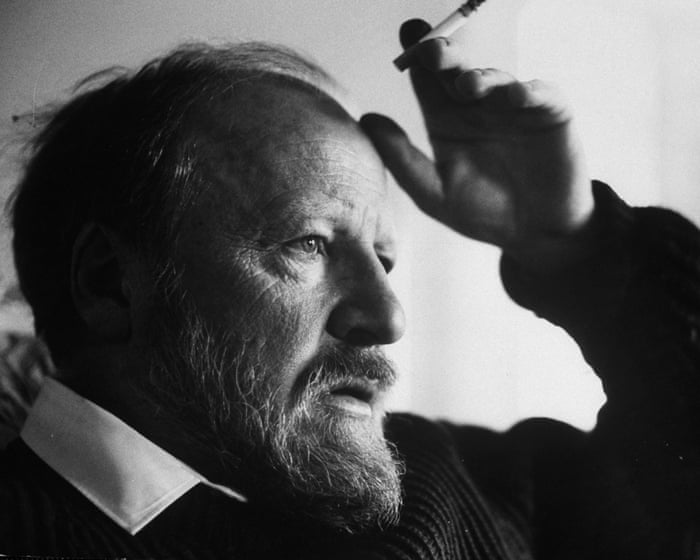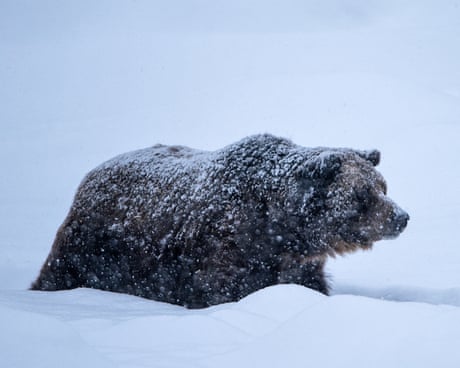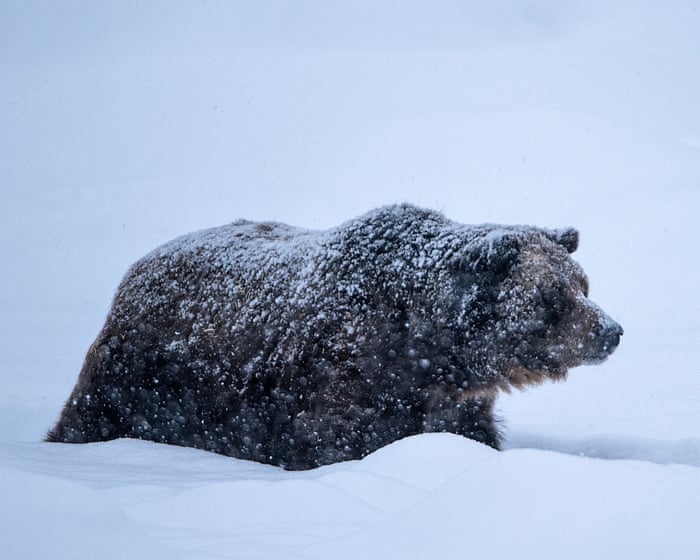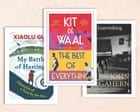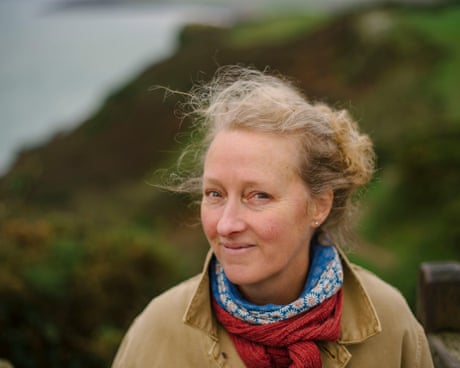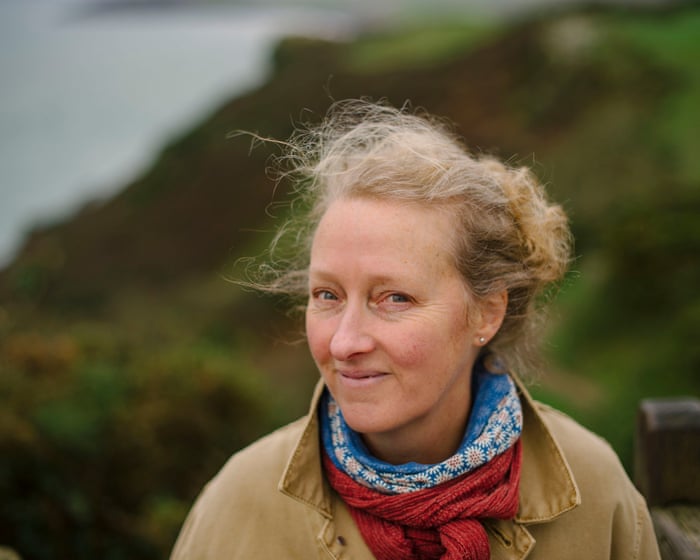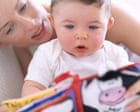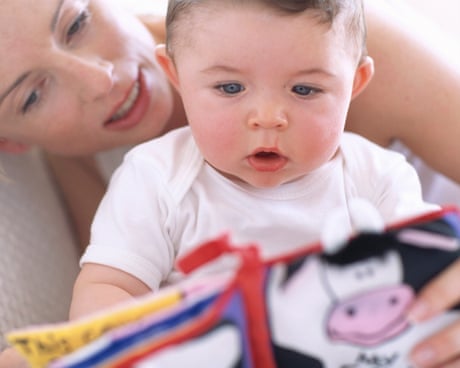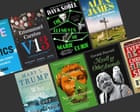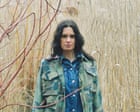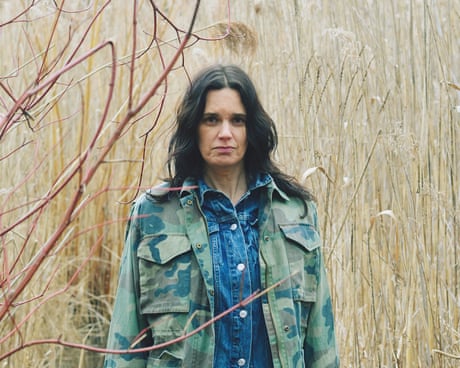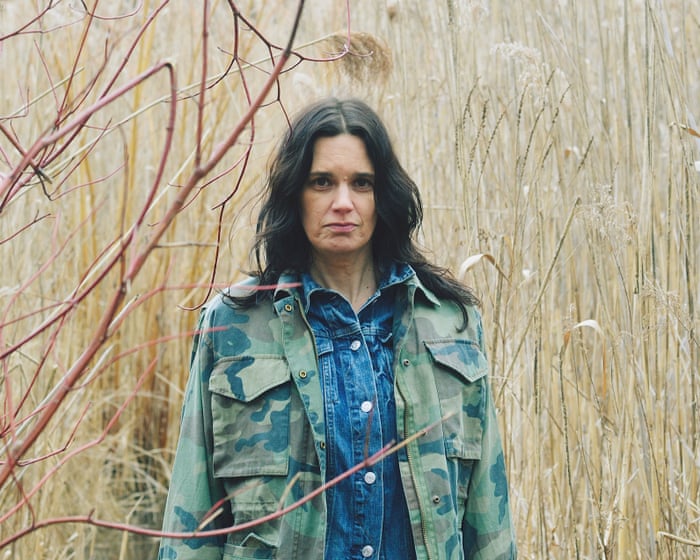The unlikely story of an English girl catapulted to French fame – and a relationship with Serge Gainsbourg that resembled a piece of deranged performance art
Boarding a flight in 1983, Jane Birkin found herself wrestling with the open straw basket into which she habitually crammed everything from playscripts to nappies. As she reached for the overhead locker the basket overturned, spilling the contents on her neighbour. He turned out to be the chief executive of Hermès, the French luxury goods company, and immediately offered to make her a bag with internal pockets and a secure closure. Birkin sketched what she wanted on a sick bag and “The Birkin” was born: a slouchy trapezoid in finest leather complete with its own little padlock. These days a Birkin bag starts at around £10,000 while the original, made for Birkin herself, was auctioned this summer for £7.4m.
It is a tale that gets endlessly repeated thanks to its neat compression of the main beats of the Jane Birkin story. First, there’s the insouciance, the fact that the Anglo-French singer and actor never seemed to go after anything; rather, it came to her. Then there’s her lack of mortification at having her whole life upended on a strange man’s lap, nappies and all. Finally, there’s her refusal to feel overawed by her bounty. Birkin famously did not treat her Hermès bag with especial reverence, enthusiastically festooning it with charms, beads, stickers and ribbons. The trend for personalising your handbag with bits of tat was ubiquitous this summer, part of a wider revival of the Birkin aesthetic, comprising flared mid-wash jeans, peasanty cheesecloth blouses and ballet flats. You couldn’t avoid it if you tried.
Continue reading...Read More

